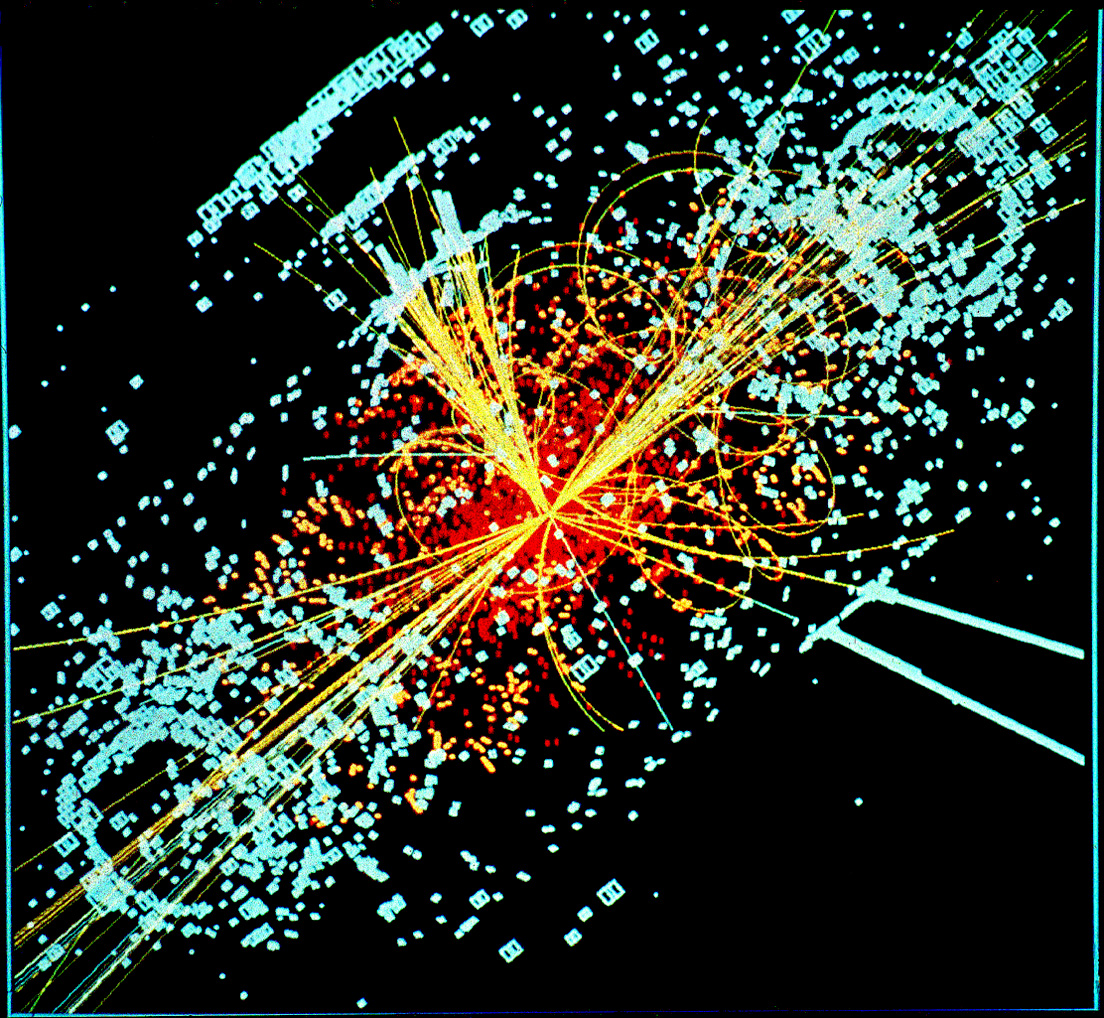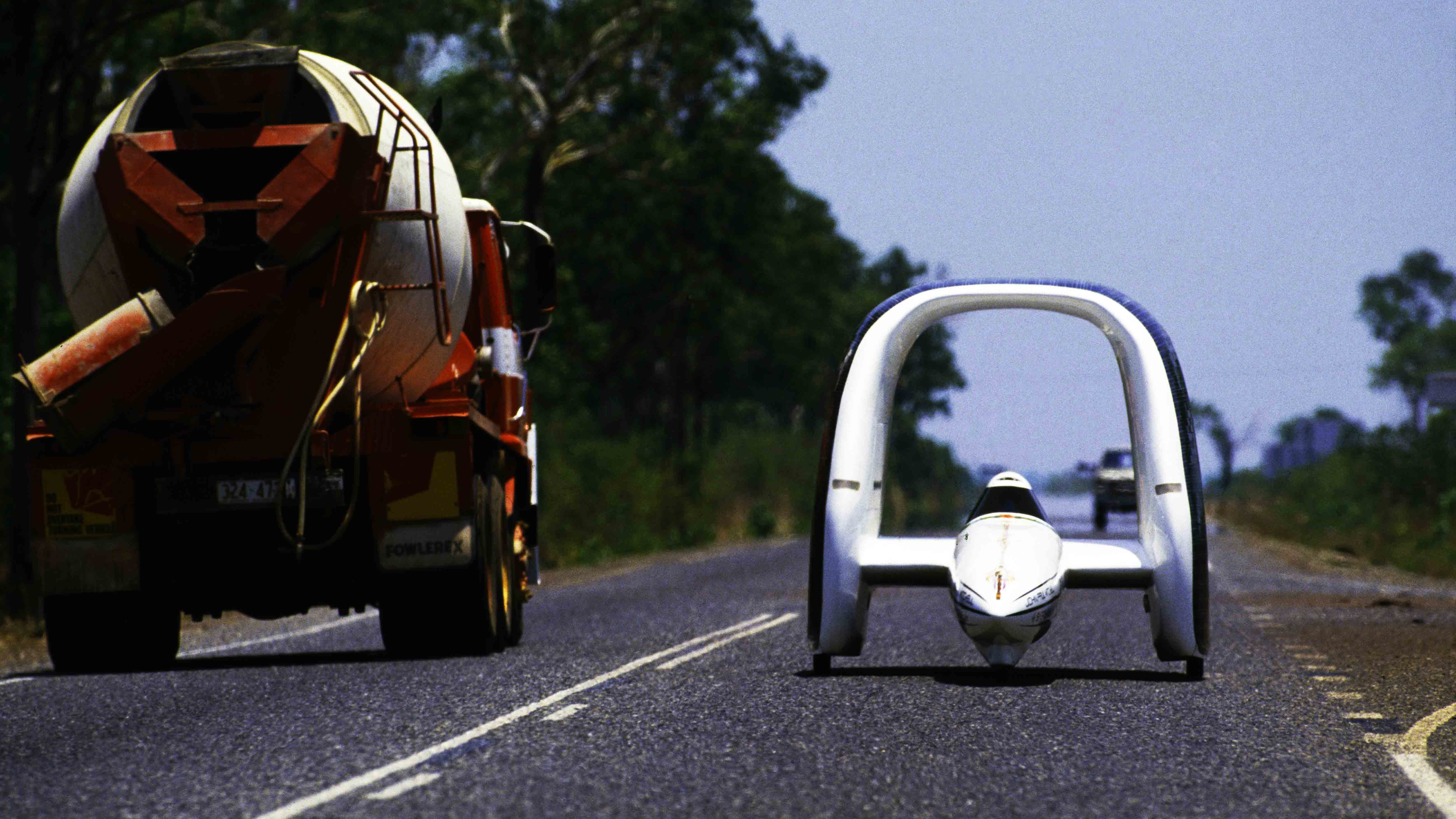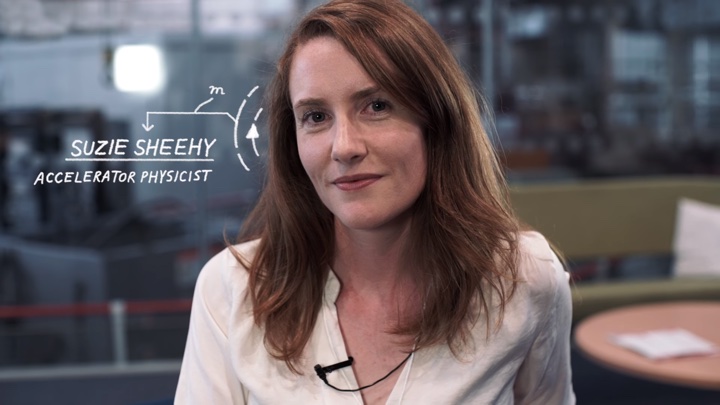Technology & Innovation
All Stories
The results of one Stanford study has implications for art, politics, law, even religion.
Spontaneous talk on surprise topics. Artist David Salle on how even to begin figuring out what “works” in art.
Scientists explain why explosive, disruptive magnetic reconnections occur so mystifyingly often.
As driverless cars gain increasing acceptance among the public, what social values, industries, and activities will be displaced, or even made as obsolete as car ownership itself?
Researchers in materials science — physics, chemistry, and engineering — are working on new technologies which could solve some of the biggest problems humans currently face.
SuitX has announced the next generation of workplace human augmentation: a bionic suit that could help enhance productivity within the labor industry and reduce costs.
A new partnership is leveraging the power of AI to hunt down online sex traffickers.
Under President Trump, the state-level requirements mandating credit from utility companies for excess power sent back to the grid should survive.
You wouldn’t know it, but plants are constantly taking in information.
When he becomes President in January, Donald Trump will likely have another lawsuit on his hands. This time, from a group of 21 American children.
Germany is becoming the first country in the world to start operating a fleet of hydrogen-powered passenger trains that emit only steam and water.
New report has some surprising findings when it comes to the gender pay gap.
Unfortunately, humanity will never see it coming.
Innovation is all about people. And the world of innovation is a world in which humans define what is new and accepted and embraced.
Interpersonal skills are a prerequisite for harnessing outside-the-box thinking on behalf of others, and they’re just as important as math, science and technology training.
A UK-Chinese team of scientists have delivered a prototype for a better battery, which could extend the time between smartphone charges – and it’s all inspired by our guts.
Physicists are investigating the long-term data storage properties of diamonds.
Chemical poisons are often used by farmers to control animals that destroy their crops but these chemicals are very harmful to the environment. An innovative project called LIFE Laser Fence is addressing this problem by substituting the use of poisons with lasers that will shoo animals away.
It’s worse — and better — than you think.
Spontaneous, deep talk on surprise topics. In this extra feisty episode of Think Again – A Big Think Podcast, actor and author William Shatner and host Jason Gots take sides on whether or not it’s a dog-eat-dog world out there.
In recent years, wood has become a viable candidate for a stronger, cheaper, and greener basis for architecture. Recent studies and old Japanese temples off insights into the whys and hows.
An under-5-minute explanation of how you make a particle accelerators.
“Plan your family on the go,” a new campaign says. The London Sperm Bank thinks women might appreciate selecting a sperm donor the way they find a date on the hook-up app Tinder.
Elon Musk has a pretty ambitious plan to get humans to live on Mars in 40 years. Here’s the tech that’ll make that happen.
Prediction is reinventing industries and running the world. More and more, predictive analytics drives commerce, manufacturing, healthcare, government, and law enforcement.
SONY Computer Science Labs has developed AI FlowComposer to write music.
Jupiter’s icy moon, Europa, may spout water vapor miles into space, says NASA, making it possible to better determine whether its vast underwater oceans support extraterrestrial life.
Russian police arrest a robot canvassing humans at a political rally.
It’s the cheapest Michelin-Star dish in the world; a plate of soya sauce chicken from this Singaporean street hawker will set you back $1.80. But the secret recipe is for sale, and it’s a little steeper.
The strange origin of autocorrect during the development of an American secret Chinese computer.





























